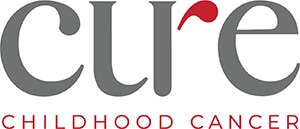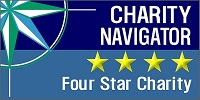Research has led to significant improvements in survival rates for many childhood cancers over the past few decades. For example, the five-year survival rate for all childhood cancers combined has increased from less than 60% in the 1970s to more than 80% today. However, as a dedicated childhood cancer research organization, we acknowledge there is still much work to be done, and continued research is crucial for further progress.
To that end, CURE is proud to announce that we are directing $5 million, the most CURE has ever funded in a single year, to research aimed at solving childhood cancers that remain so hard to cure!
In this year’s grant cycle, we were extremely pleased to receive more than 70 grant applications. Following a rigorous grant review process with a committee of researchers and scientists, CURE is funding 12 targeted projects at leading institutions across the country. CURE’s research priorities are two-fold. First, we prioritize research that will lead to more effective treatments for children within two to three years. We also prioritize research aimed at solving recurrent and hard-to-treat cancers for which no effective treatment exists.
This is the most significant grant cycle we’ve ever had for several reasons. For example:
- MORE EFFECTIVE – All of the research studies we are funding aim to make more effective therapies that are better tolerated, with a special emphasis on relapsed and refractory disease.
- LESS TOXICITY – Five of the research projects we are funding are specifically aimed at harnessing the immune system’s power to fight cancer instead of using today’s toxic chemotherapies.
- FASTER DELIVERY – We are addressing both near-term work that is anticipated to enter clinical trials in the next 2-3 years and funding work that contributes to long-term cancer biology understanding, which will impact research for decades.
- BREAKING BARRIERS – Crossing the blood-brain barrier to deliver chemotherapy drugs directly to a brain tumor is challenging. Two studies we are funding focus on better delivery of drugs to address this issue.
- PINPOINTING PROBLEMS – We continue to prioritize precision medicine. With our funding, researchers are getting closer to knowing which drugs are most likely to be effective against some of the most difficult childhood cancers.
Because bright young physicians often leave pediatric research for more lucrative pursuits, we expanded our research funding to include three early investigator awards to get these scientists started.




